Former President Donald Trump’s ongoing legal saga saw a fresh twist recently. Trump made a “last-ditch effort” to move his New York hush money case to a federal court.
Trump’s move was part of a strategy to challenge his conviction and delay sentencing scheduled for September 18, 2024. The attempt, however, faced swift opposition and hurdles.
The Hush Money Case Explained
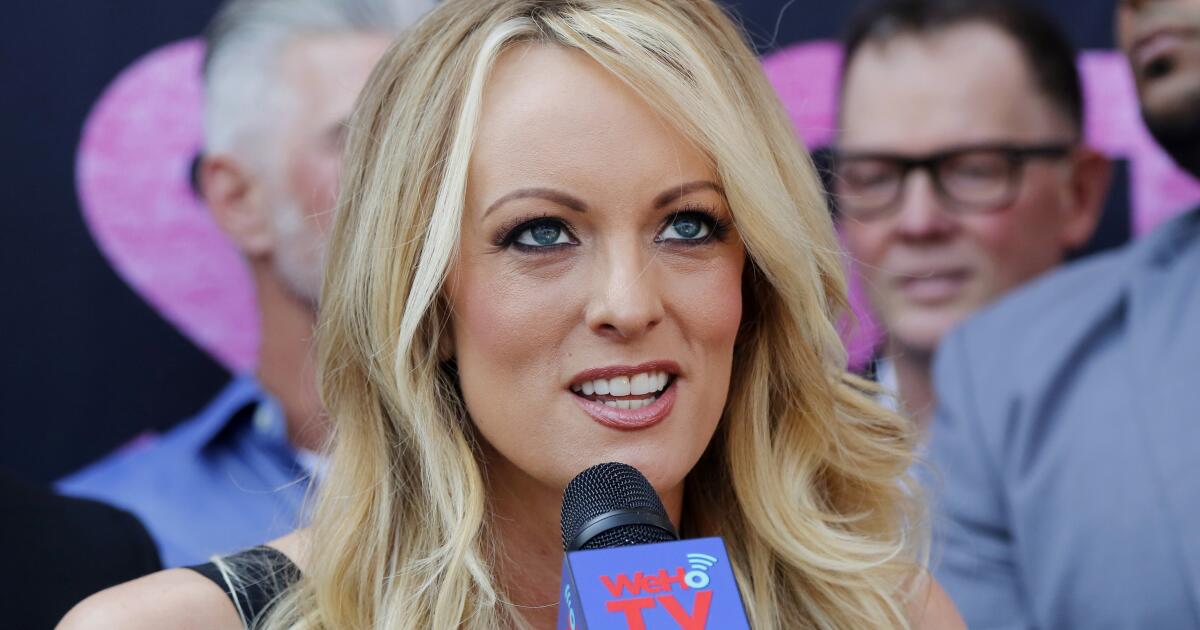
@filamLA/X
The hush money case centers on allegations that Trump orchestrated payments to adult film star Stormy Daniels in 2016.
These payments, totaling $130,000, were allegedly made to keep Daniels silent about an affair with Trump, which he denies. The case led to Trump’s conviction on 34 felony counts of falsifying business records on May 30, 2024.
Trump’s Request to Move the Case
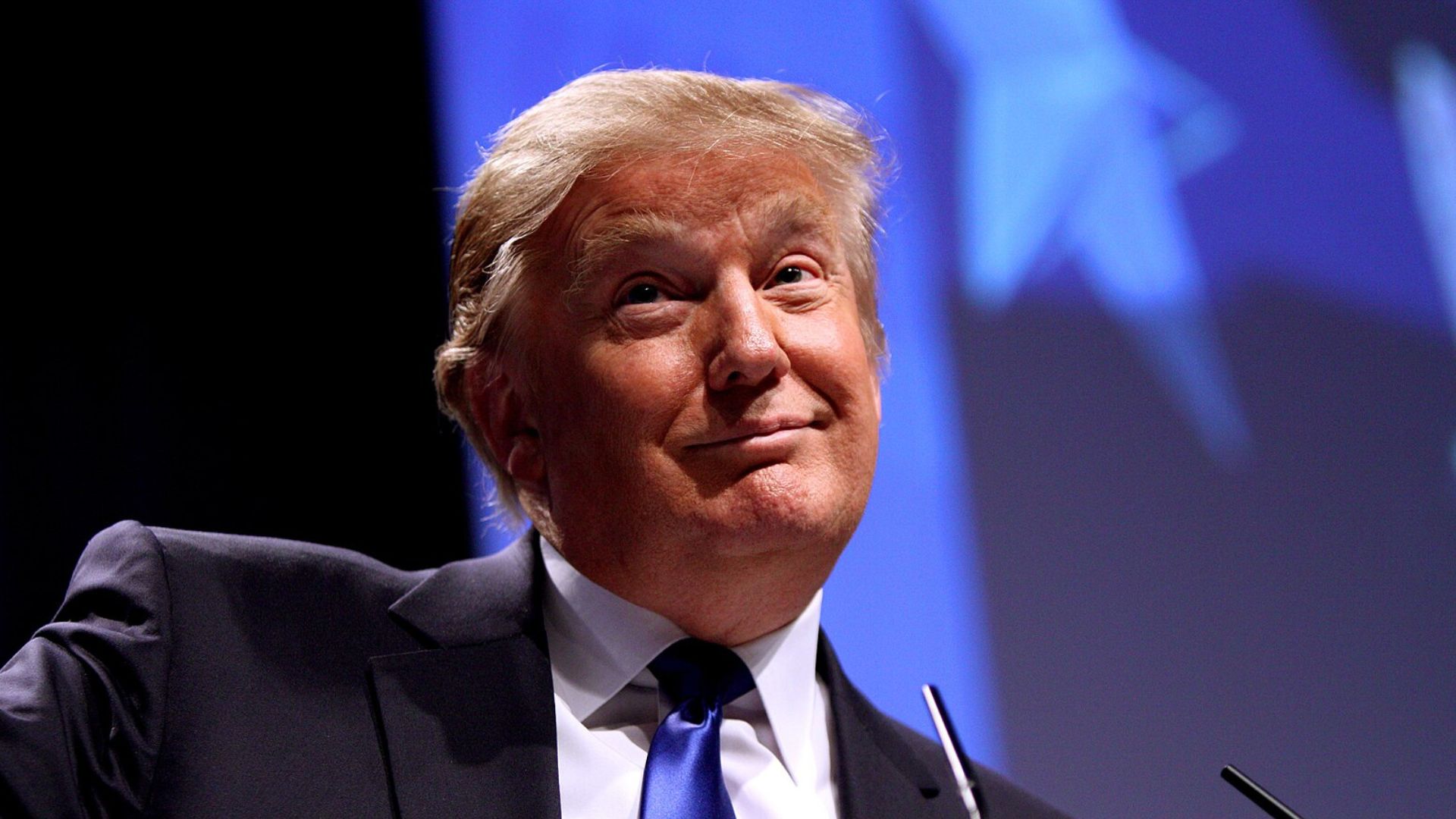
On August 29, 2024, Trump’s legal team filed to transfer the case from New York state court to federal court.
Trump’s lawyers argued that state Judge Juan Merchan, overseeing the case, was biased against the former president. They sought to have a federal judge, Alvin Hellerstein, take over the case instead.
Judge Hellerstein’s Response
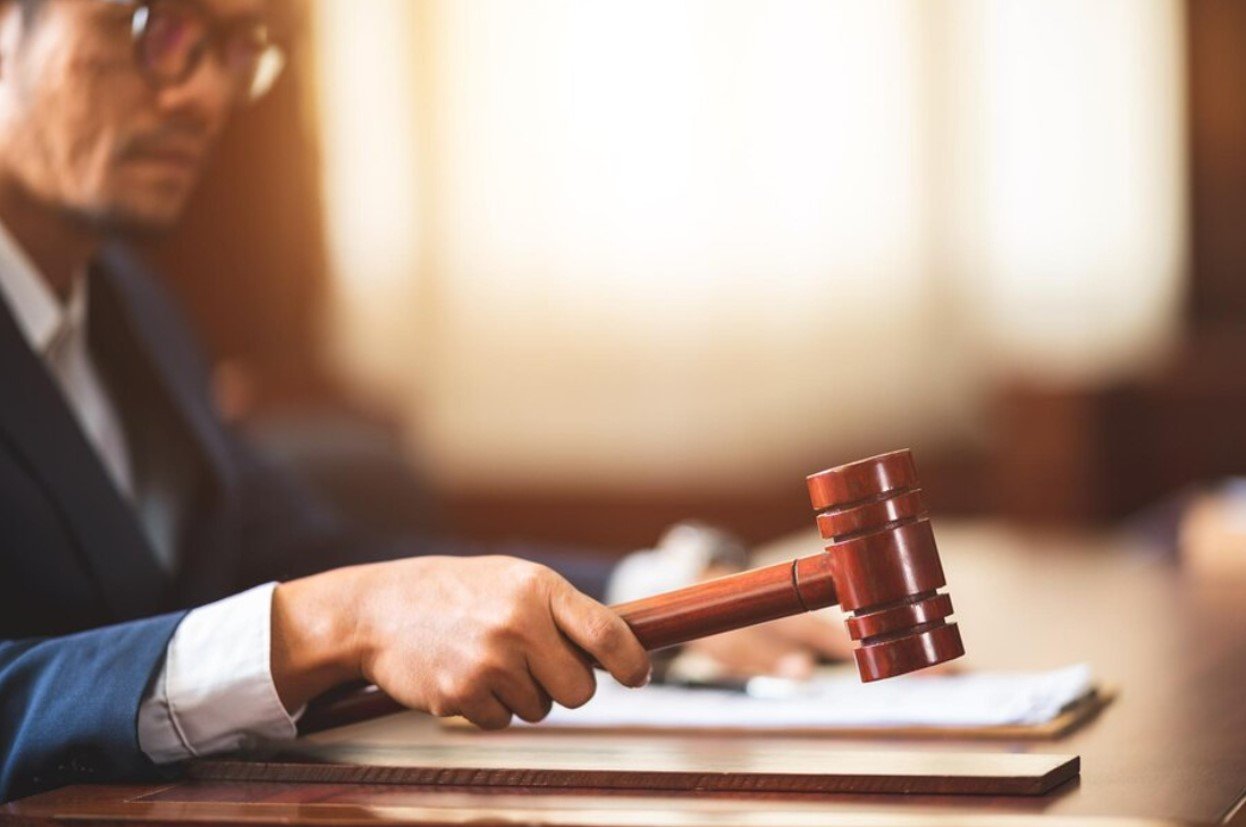
U.S. District Judge Alvin Hellerstein swiftly rejected Trump’s request on August 30, 2024. Hellerstein emphasized that issues of state judge bias should be resolved in state appeals courts, not federal courts.
He also noted, “hush money paid to a porn star is not related to a president’s official acts,” reinforcing that the payments were private and not official conduct.
The Role of Presidential Immunity
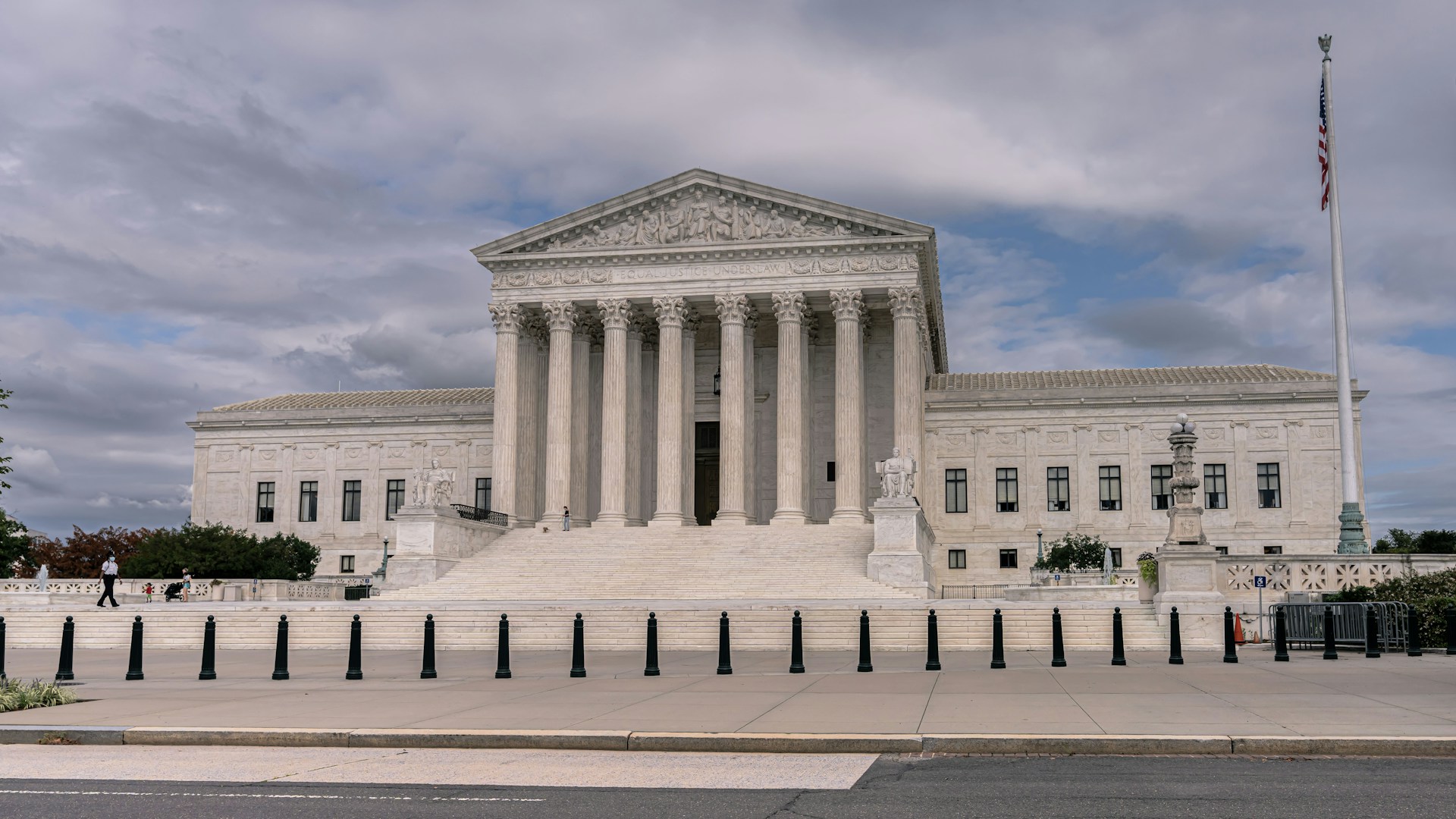
Trump’s legal team also cited a July 1, 2024, Supreme Court ruling on presidential immunity. They argued that the trial included evidence that violated this ruling, which limits prosecutions involving presidential acts.
However, Judge Hellerstein clarified that the immunity ruling did not apply, as Trump was not prosecuted for any official presidential acts.
Filing Errors Complicate Trump’s Bid
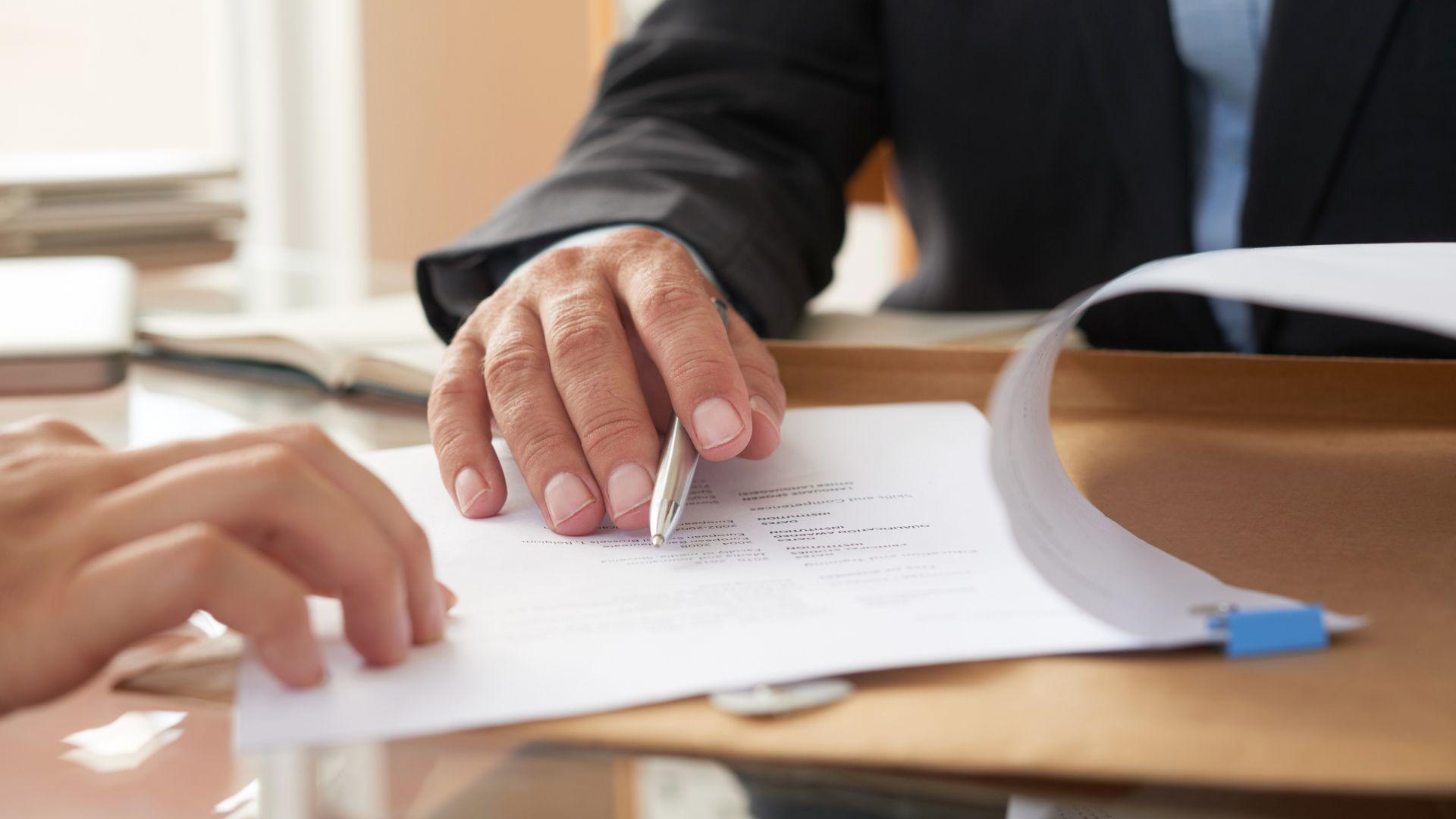
Adding to Trump’s challenges, his legal team’s attempt to move the case was marred by procedural errors.
Former federal prosecutor Joyce Vance noted that Trump’s lawyer, Todd Blanche, “embarrassingly” failed to follow proper protocols, filing under the “wrong event type” and missing necessary court permissions.
Judge Hellerstein’s Earlier Rulings
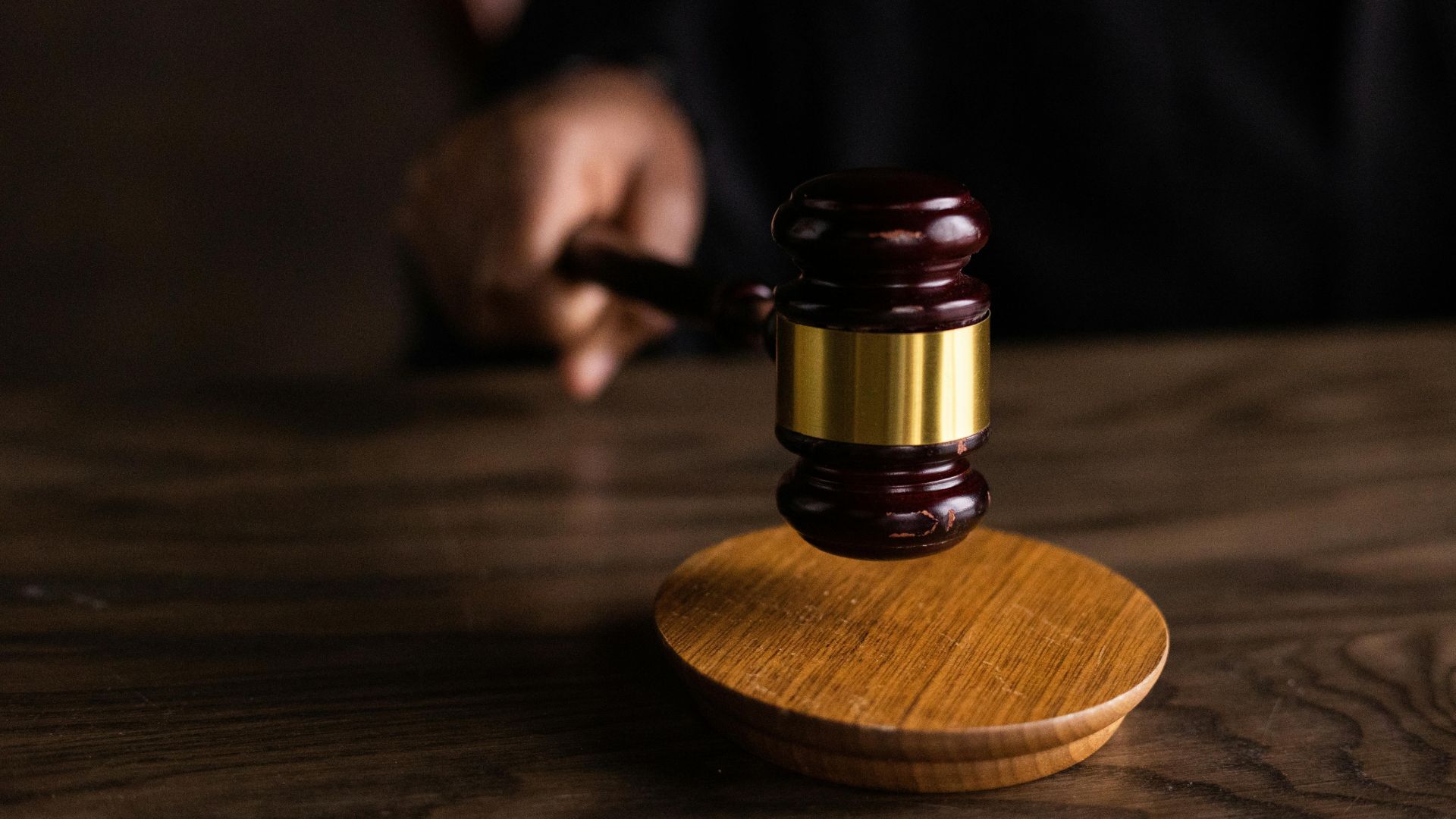
This wasn’t the first time Judge Hellerstein dealt with Trump’s attempts to move the case.
In July 2023, he ruled against a similar request, stating that the allegations were “purely a personal item of the president—a cover-up of an embarrassing event.”
Trump’s Legal Strategy of Delay
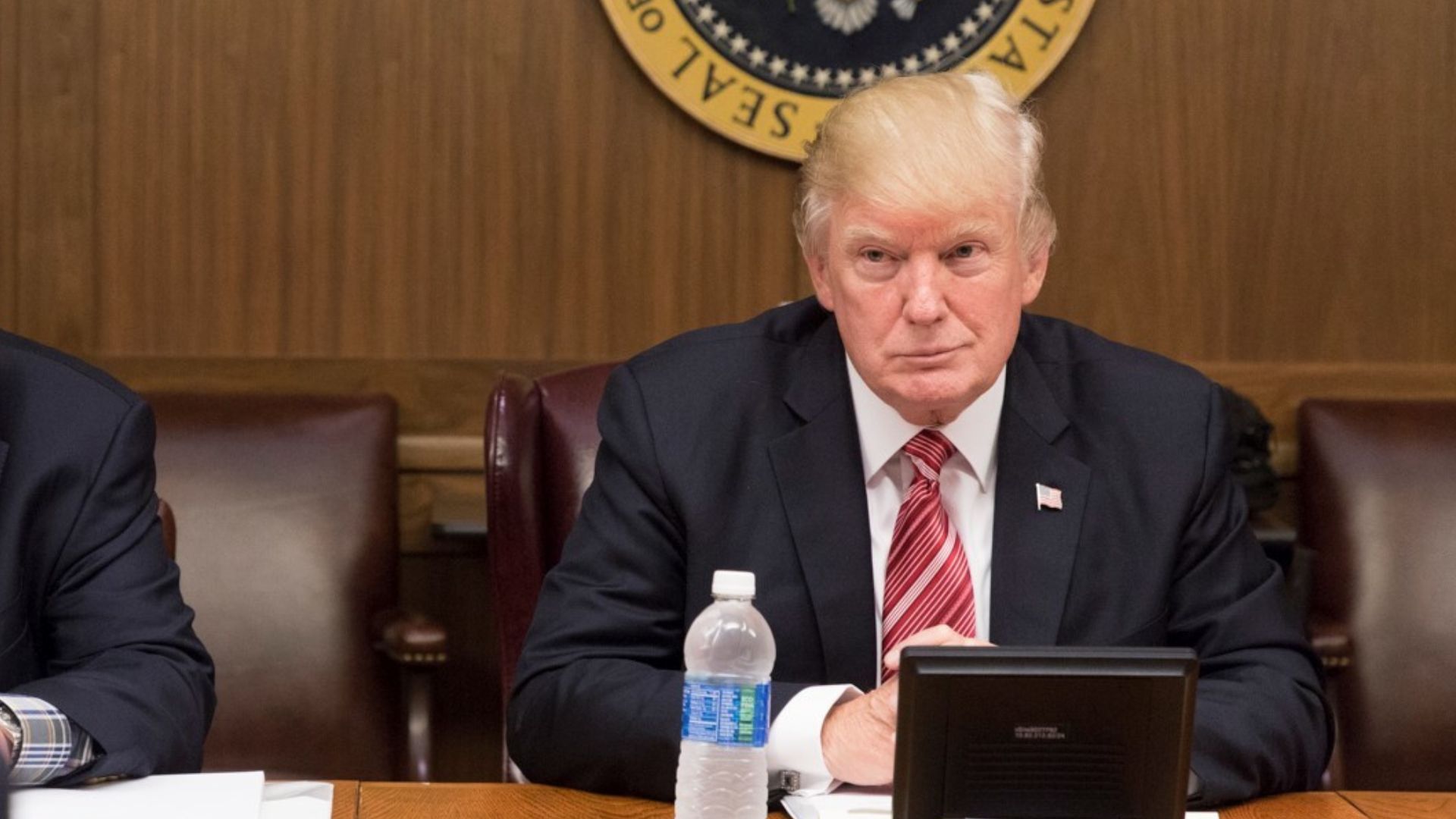
Trump’s request to move the case is seen by many as part of a broader strategy to delay sentencing. His team also requested to postpone the sentencing until after the 2024 presidential election.
Judge Merchan is set to rule on this delay request on September 16, just two days before the scheduled sentencing.
Manhattan DA’s Office Response
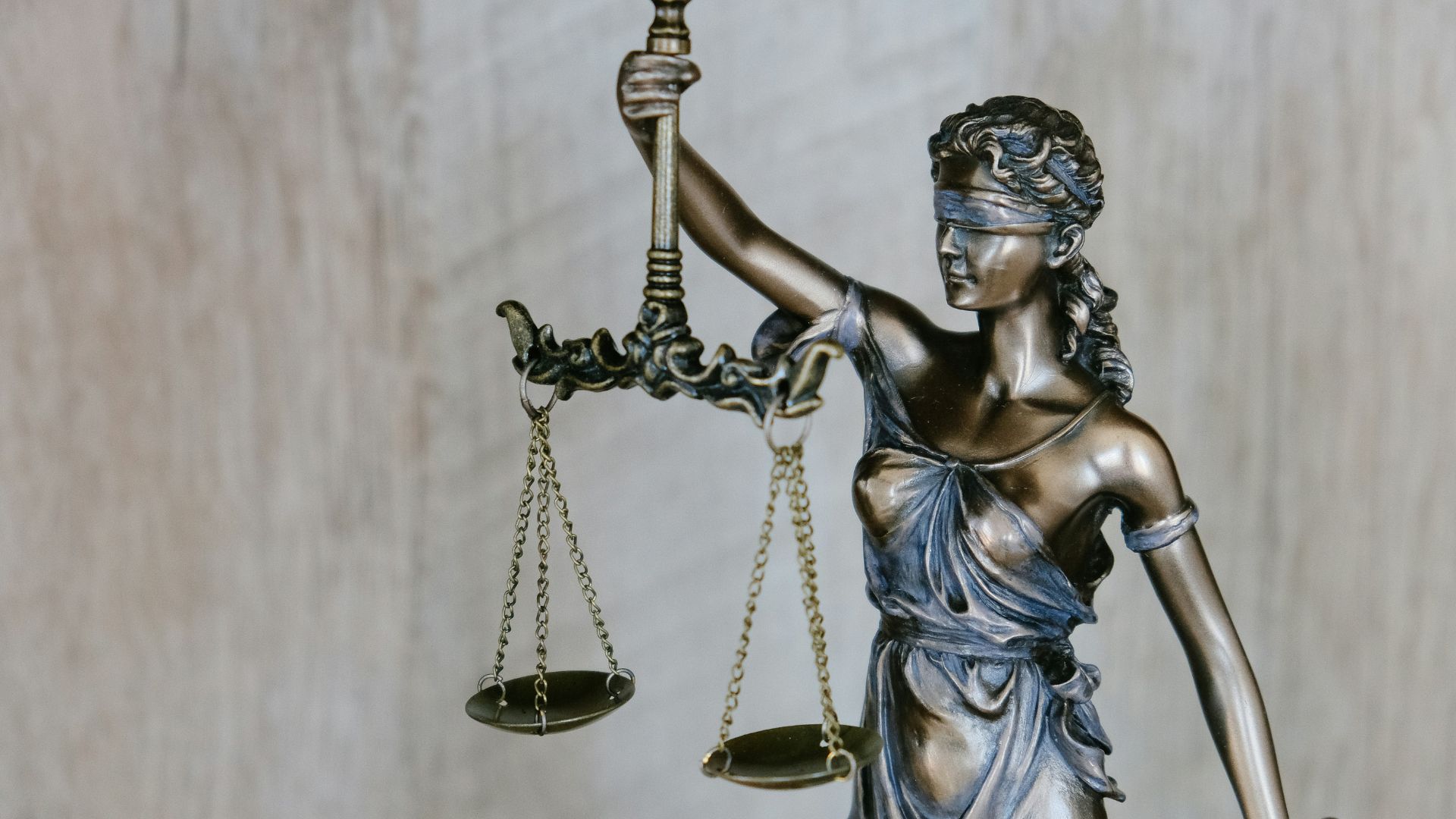
The Manhattan District Attorney’s office, led by Alvin Bragg, has been firm in opposing Trump’s maneuvers.
That said, while they argued against Trump’s immunity claim, they remained neutral on the request to delay sentencing. This neutral stance leaves the door open for Merchan’s decision.
The Potential Consequences for Trump
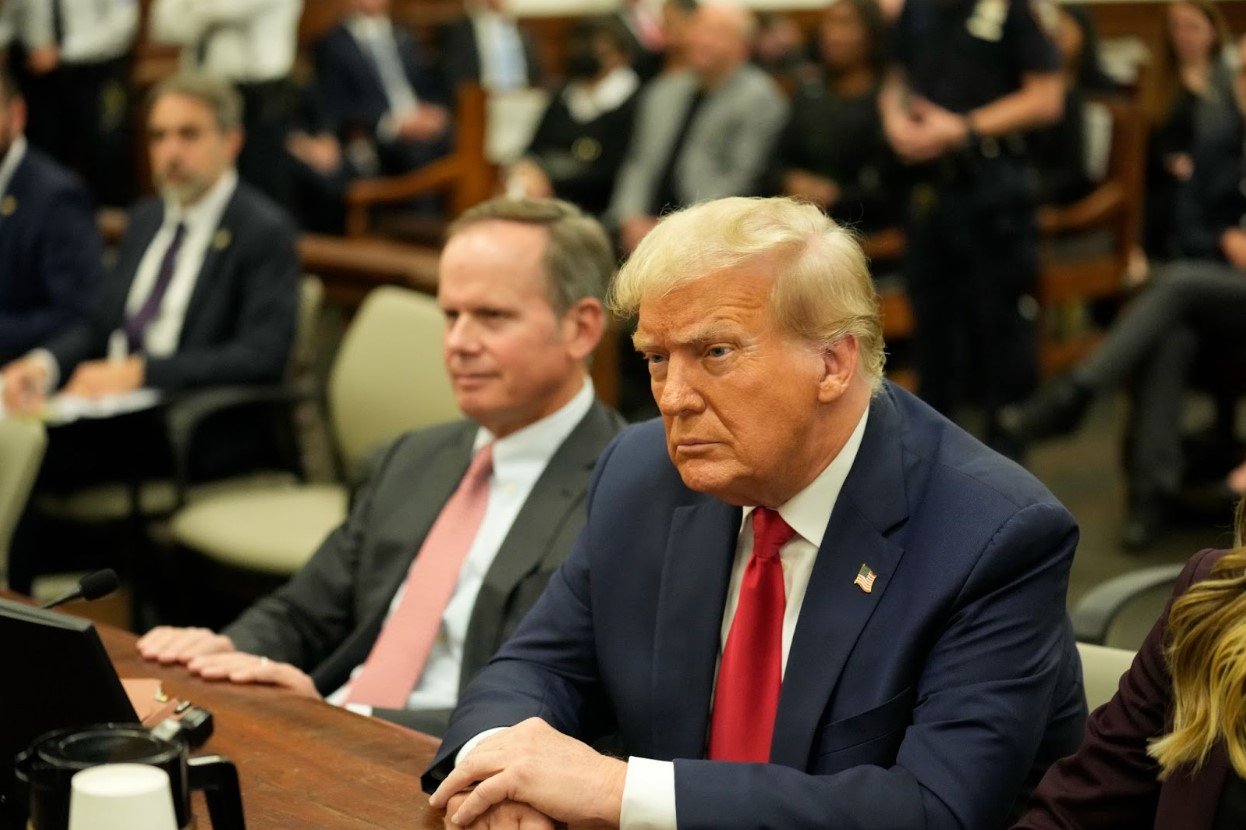
Trump’s conviction on 34 felony counts for falsifying business records carries the potential for a prison sentence of several years.
However, there is no mandatory minimum sentence, leaving room for legal maneuvering, only adding to the drama surrounding the upcoming sentencing decision.
What’s Next for Trump?
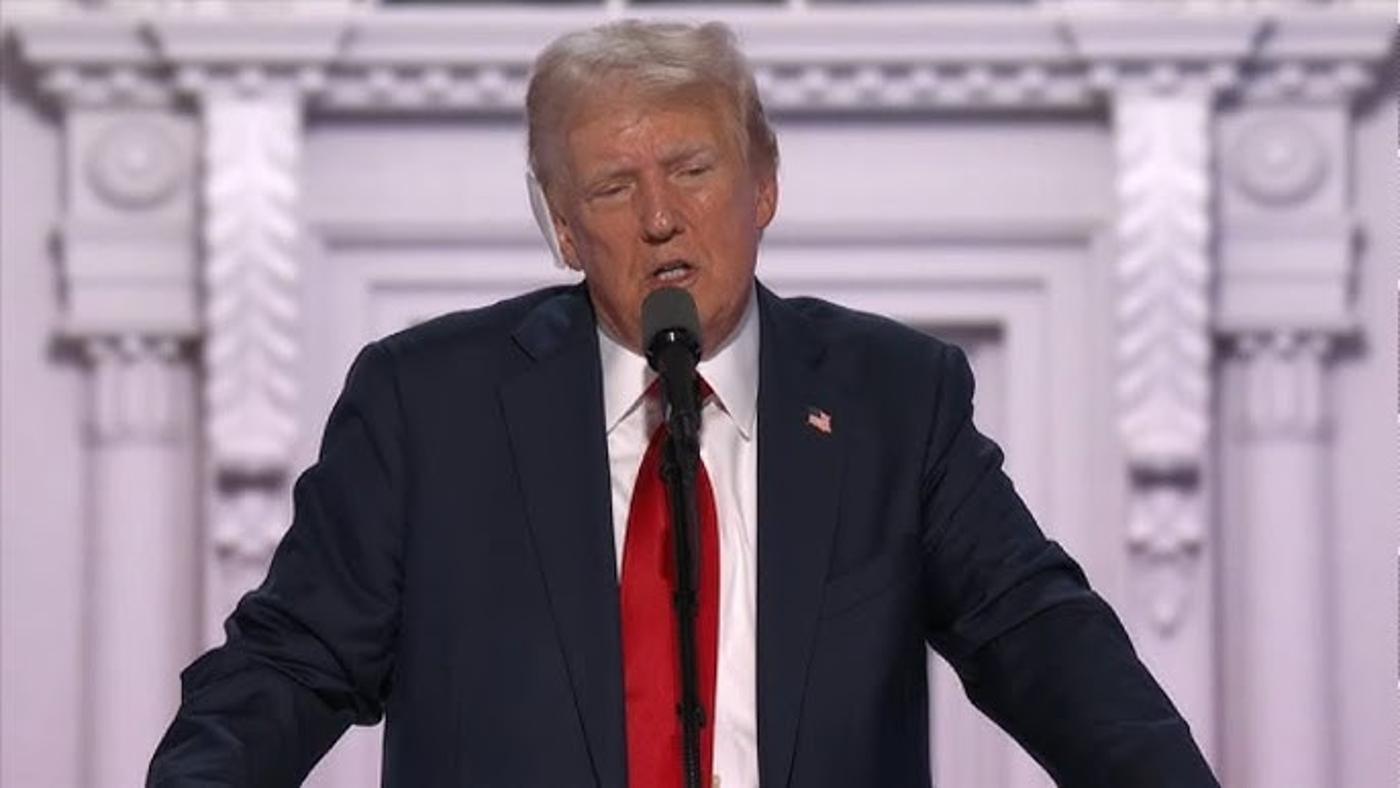
With Judge Merchan’s decision on the delay and immunity arguments pending, Trump’s legal team is expected to continue exploring every available legal avenue.
The upcoming days will be crucial as Trump faces the possibility of sentencing on September 18, 2024, a date that could significantly impact his political future.
The Broader Implications of the Case
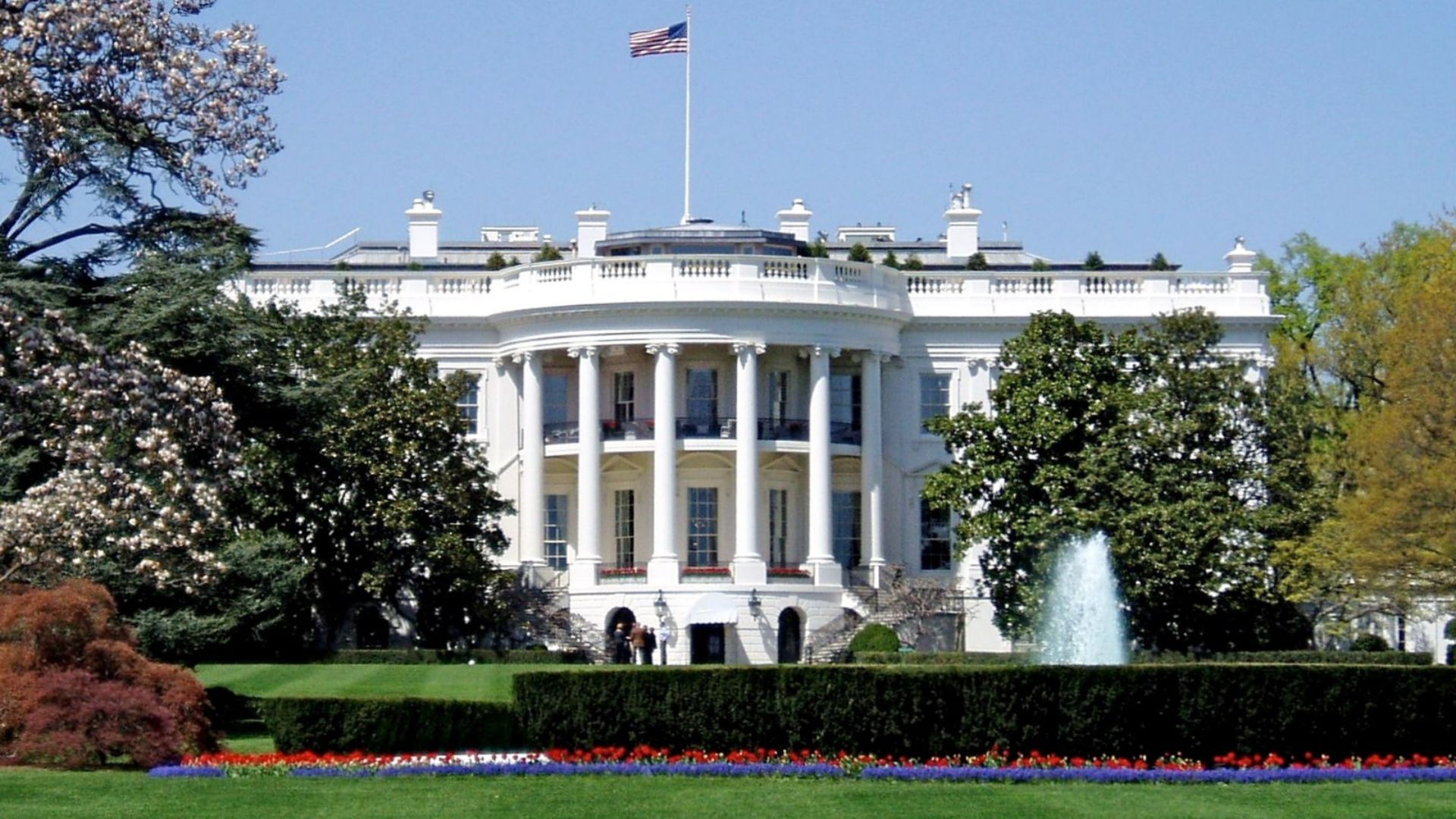
This case has taken on a life of its own, seemingly becoming less about Trump, and more a landmark in how the legal system handles high-profile political figures.
The outcome could set precedents for future cases involving presidential actions and private conduct.








































